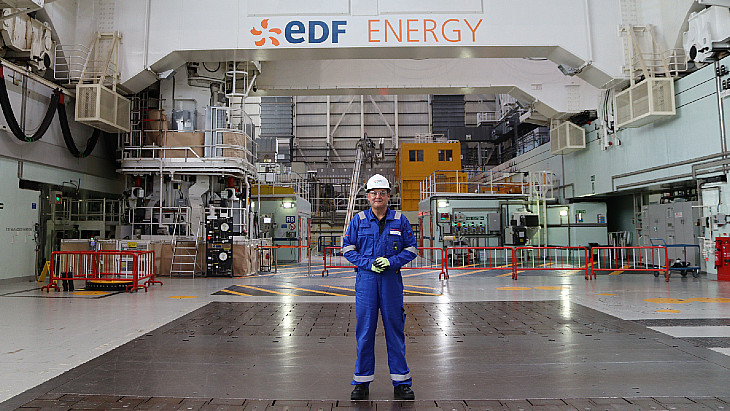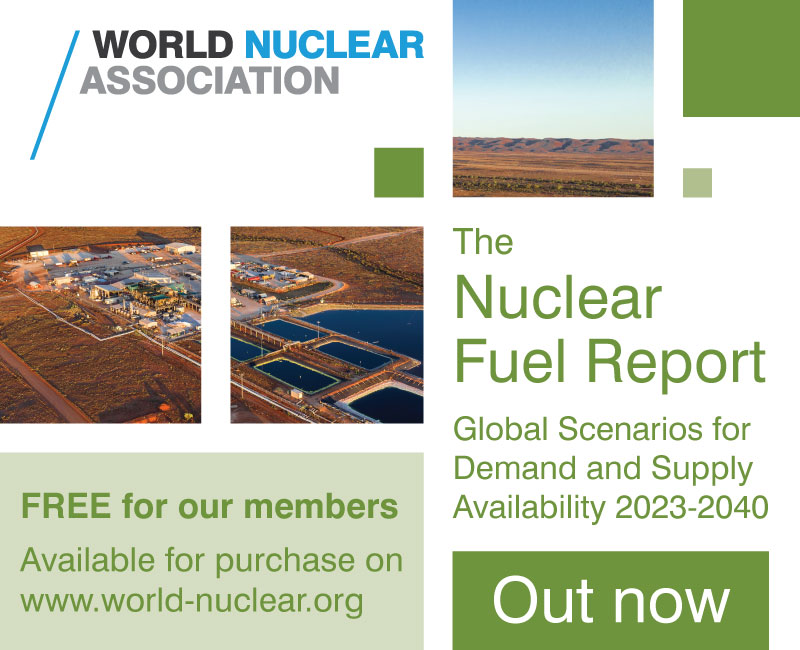Poll finds majority of Swiss support nuclear new build
A new survey has shown that more than half of the Swiss population supports the government's plan to remove the country's ban on the construction of new nuclear power plants.
_97940.jpg)
The online survey was conducted by the Leewas Institute on behalf of 20 Minuten and Tamedia, and was reported by SonntagsZeitung. Some 19,552 people took part in the survey, carried out on 19-22 September.
The survey found that 53% of respondents were in favour of the construction of new nuclear power plants, with 43% opposed and 4% undecided. This was a turnaround compared with a survey conducted from 6-10 September, in which 51% were against new nuclear power plants.
In late August, the Swiss government announced it will seek to lift the country's ban on the construction of new nuclear power plants, which has been in place since 1 January 2018. The Federal Department of Energy and Communications will submit an amendment to the Nuclear Energy Act to the Federal Council by the end of 2024, and the consultation will last until the end of March 2025. Parliament will then discuss the initiative and the counter-proposal.
A new Swiss energy policy was sought in response to the March 2011 accident at the Fukushima Daiichi plant in Japan. Two months later, both the Swiss parliament and government decided to exit nuclear power production. The Energy Strategy 2050 initiative drawn up by the Federal Council came into force in 2018 and calls for a gradual withdrawal from nuclear energy. It also foresees expanded use of renewables and hydro power but anticipates increased reliance on fossil fuels and electricity imports as an interim measure.
The Federal Council noted that "in recent years, the situation on the electricity market and in energy policy has changed fundamentally" due to: climate targets and electricity demand; new gas-fired power plants no longer being an option; and geopolitical uncertainties.
Switzerland currently has four nuclear reactors generating about one-third of its electricity. They all have an unlimited operating licence and can be operated as long as they are safe.


.jpg)










